In a week marked by significant developments, Australia’s business landscape has been reshaped by a series of events that underscore the nation’s evolving regulatory environment and its impact on corporate activities.
Regulatory Challenges Derail $40 Billion in M&A Deals
Australia has witnessed the collapse of nearly $40 billion in major mergers and acquisitions (M&A) deals in 2025, the highest in 15 years. The most notable failure was a $18.7 billion bid by an ADNOC-led consortium for Santos, hindered by disagreements over tax liabilities and likely regulatory rejection by the Foreign Investment Review Board (FIRB). This deal, which would have been the largest all-cash offer in Australian history, adds to other withdrawn deals, such as Peabody’s $3.8 billion coal bid and Brookfield and Bain’s $2.5 billion attempt to acquire Insignia Financial. Australia’s newly stringent regulatory environment, especially the mandatory pre-approval rules from the Australian Competition and Consumer Commission (ACCC) effective from January 1, has made the deal-making process longer and riskier. While markets and funding remain robust, uncertainty and complexity in regulatory approvals are deterring deals. Legal and financial advisers note that these processes not only slow down transactions but also heighten tension and cautiousness among buyers and boards, undermining momentum and contributing to failed agreements.
The collapse of nearly $40 billion in Australian M&A deals in 2025 is not merely a statistical anomaly — it reflects a structural recalibration of the domestic corporate landscape under unprecedented regulatory scrutiny. For boards, advisers, and investors, the traditional calculus of mergers and acquisitions, strategic fit, synergy potential, cost of capital, and market timing, is now intricately intertwined with the probability of regulatory clearance, and the margin for error has narrowed sharply.
Take the ADNOC-Santos bid, for example. While headline discussions framed the failure around tax liabilities and FIRB approval, insiders point to a far more nuanced dynamic: the confluence of heightened pre-approval requirements, intensifying foreign investment sensitivity, and evolving ACCC enforcement protocols. Advisors note that the shift from discretionary to quasi-mandatory ACCC pre-clearance has created a parallel approval process that effectively compresses deal windows and amplifies negotiation complexity. Buyers now face a multi-layered risk framework: not only must they satisfy valuation metrics and board mandates, but they must also anticipate regulatory interpretation, timing, and potential counterfactual scenarios months in advance.
The operational implications are profound. Legal teams are drafting exhaustive conditional clauses, regulatory escalation pathways, and multi-tiered indemnities to account for the probability of partial or total disapproval. Transaction structures that once would have been considered robust, leveraged buyouts, all-cash bids, or cross-border consortiums, are now being stress-tested under multiple regulatory permutations, from FIRB’s foreign exposure limits to ACCC’s increasingly detailed market-concentration assessments. This level of diligence is essential, yet it adds both time and cost, forcing acquirers to evaluate whether pursuing the deal remains commercially viable or if withdrawal is the more prudent course.
The behavioral shift among buyers and boards is equally telling. Investment committees are no longer approving bids solely on expected internal rates of return or strategic alignment; instead, regulatory feasibility assessments have become a de facto component of the investment memo, often carrying equal or greater weight than financial modeling. This change is reflected in deal pipelines: private equity funds report extending diligence periods by 30–50%, while strategic acquirers are prioritising domestic targets with lower regulatory friction, often at the expense of higher-value, cross-border opportunities.

From a market perspective, the consequences are already visible. Deal velocity has slowed, but paradoxically, competition for “regulatory-safe” assets has intensified. Buyers are adjusting bid strategies, increasingly incorporating regulatory intelligence into valuation premiums. This has led to a bifurcated market: high-quality domestic targets with minimal oversight requirements are trading at tighter spreads, while large, cross-border, or resource-heavy deals, which historically anchored market activity are languishing or being shelved entirely.
Advisers and industry observers warn that this environment is reshaping not only deal-making strategy but also corporate governance and shareholder expectations. Boards are increasingly being asked to consider regulatory risk exposure as part of strategic M&A planning, a paradigm shift that was rare even five years ago. Sophisticated investors are now evaluating portfolios with regulatory alpha in mind, the ability to structure transactions in ways that mitigate approval risk while preserving upside potential.
In effect, Australia’s M&A market in 2025 has become a regulatory chessboard, where strategic acumen must be matched by mastery of procedural nuance. Transactions are no longer won simply through pricing and operational synergy; they are won through foresight, scenario planning, and an intimate understanding of how FIRB, ACCC, and tax authorities will interpret complex deal structures under the new regime. For boards and advisers, the lesson is clear: in today’s market, regulatory strategy is not ancillary, it is central to deal success, valuation, and shareholder confidence.


